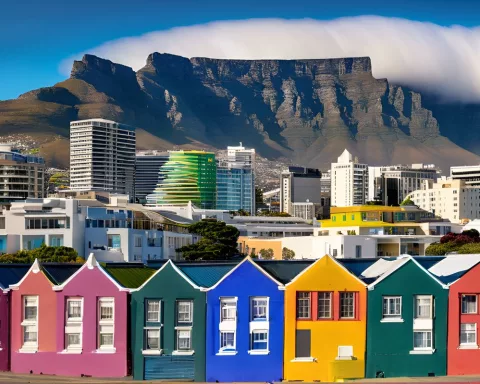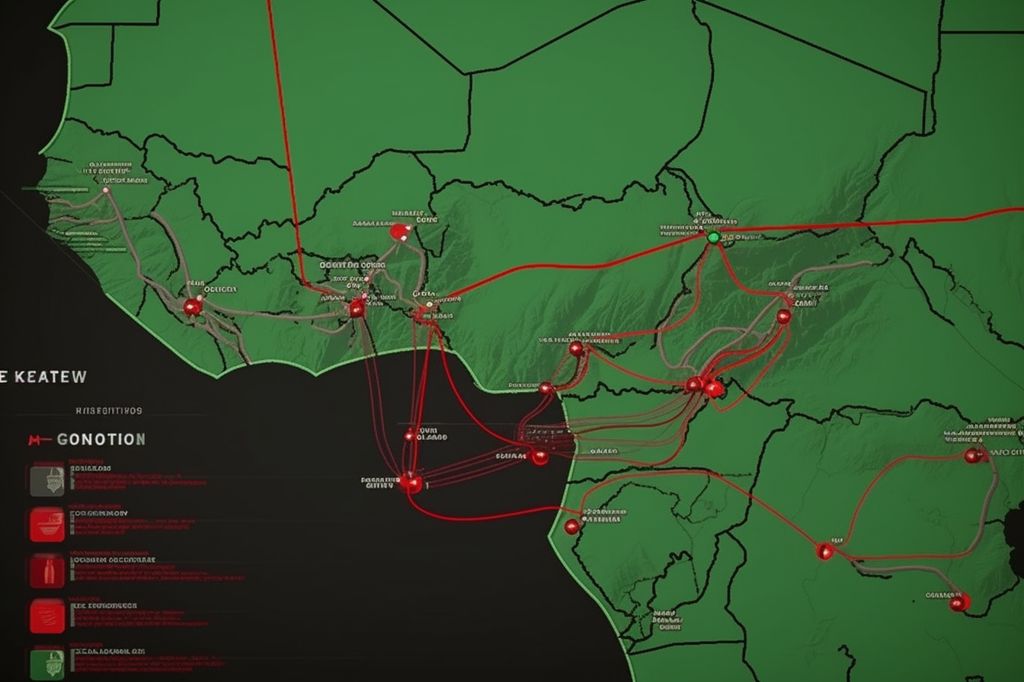Cape Town is a city known for its beauty and culture that attracts visitors from around the world. However, the city is not without its challenges. Crime, water scarcity, and power outages are just a few of the issues that Cape Town faces. In this article, we will delve into the vision of Mayor Geordin Hill-Lewis and the strategies being implemented by the City of Cape Town (CoCT) to overcome these obstacles.
Alleviating Poverty and Stimulating the Economy
In an exclusive interview, Mayor Hill-Lewis acknowledged the deep-rooted issues of poverty and unemployment that affect Cape Town, as well as South Africa as a whole. He believes that his political and municipal roles are crucial in turning his vision into reality. Hill-Lewis expressed his desire to alleviate poverty and stimulate the economy by creating more job opportunities and reducing the number of people living in poverty.
Improving Access to Essential Resources
Mayor Hill-Lewis assured that the CoCT is committed to investing in infrastructure to improve access to essential resources such as water and electricity. By the end of the decade, he envisions Cape Town generating over a third of its water needs through harnessing new supplies, tapping into aquifers, and constructing a large water recycling plant. The city is also working to ensure a consistent electricity supply by purchasing power from independent power producers (IPPs) instead of relying solely on Eskom. Hill-Lewis disclosed plans to buy 700 megawatts of power from IPPs, a move aimed at protecting Cape Town against stage 4 load shedding in the coming years.
Leading the Way
Mayor Hill-Lewis believes that Cape Town has the potential to serve as a model for the rest of South Africa in addressing poverty, crime, and service delivery. He asserted that there is no reason why other cities, such as Durban and Ekurhuleni, cannot achieve similar progress. “We are explicitly trying to be that example, not just in terms of water and electricity but in everything to do with local government,” he said.
Overcoming the Covid-19 Pandemic
Despite the setbacks caused by the Covid-19 pandemic, Hill-Lewis remains optimistic about Cape Town’s future. He predicts an economic boom in the coming decade, fueled by semigration and a surge in property prices. The mayor also anticipates an influx of businesses moving to the city, particularly if the energy crisis is successfully addressed.
Navigating the Challenges Ahead
Hill-Lewis acknowledges that as Cape Town continues to evolve, his vision and the city’s resilience will play a crucial role in navigating the complexities it encounters. Ensuring a bright future for Cape Town’s residents will require steadfast commitment, innovative solutions, and collaboration between the city’s government, businesses, and citizens.
The ambitious goals set forth by Mayor Hill-Lewis represent a promising start in tackling the challenges that lie ahead, as Cape Town strives to become a thriving, sustainable, and inclusive city for all. By investing in infrastructure and implementing innovative solutions, the CoCT is committed to overcoming the obstacles facing Cape Town and leading the way for other cities in South Africa.












